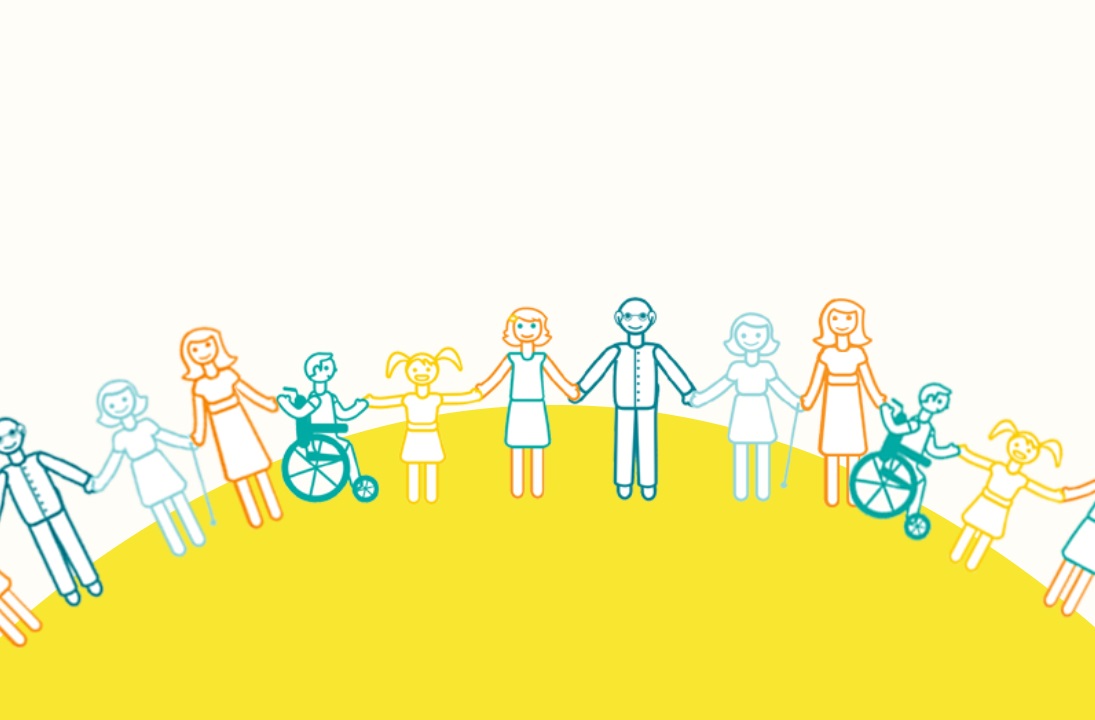European Day of Persons with Disabilities
Published:
On 7 to 8 December 2015 the European Commission and the European Disability Forum hold the European Disability Conference . They aim to highlight the European Day of Persons with Disabilities, which takes place in connection to the International Day of Persons with Disabilities implemented by the United Nations (UN).
This year’s conference is placed under the theme ‘Growing together in a barrier-free Europe’ focusing on the situation of disabled children and young people and their access to education. Invited are representatives from EU institutions, education institutions and NGOs’ to discuss in panel debates about topics such as, ‘growing up with a disability in the EU’, situation of children and youth with disabilities in Europe’ and ‘from inclusive education to integration in society and economy’. The event can be followed on web-stream.
Inclusive education for young people and children with disabilities is highlighted in the UN Convention of the Rights of Persons with Disabilities. It was signed and ratified by the European Union and its member states and is meant as a human rights instrument aiming to guarantee fundamental freedoms for everyone. The European Union met its obligation in publishing a report on the implementation of the convention in Europe in 2014. The report has been reviewed by the UN in 2015. The assessment has shown that although the EU and its member states already have made many achievements, there is still a lot of work to be accomplished today, especially reviewing the legislation to ensure full harmonisation with the provision of the convention. Furthermore they highlight that persons with disabilities often face difficulties in accessing quality education.
ETUCE highlights the importance of an inclusive education for children and young people with disabilities. By enhancing access to quality education, persons with disabilities can improve their economic situation and can be empowered to actively participate in the political and social life. In order to achieve this, it is necessary to improve the legal framework within many European member states and that education institutions receive more support. Not only face disabled teachers’ themselves many challenges in their everyday working life, the education systems are often not sufficiently equipped and its staff is not adequately trained to tackle the challenges of an inclusive education.